After 100 years of innovating entertainment, Disney is at a crossroads
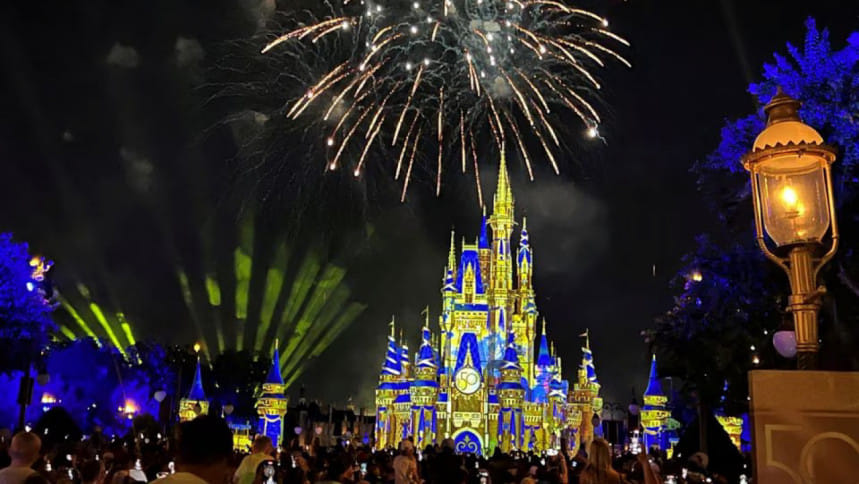
As Walt Disney turns 100, investors worry it's beginning to show its age. The share price dropped to its lowest level in nearly nine years as the company stumbles in the age of streaming.
But adapting to the times is not a new challenge for Disney, rather it's been a point of survival throughout the company's history.
A century ago when "Disney" was a single person, not a global company worth over $150 billion, emerging sound and color technologies rattled the silent film industry.
But Walt Disney had a strong motivation for embracing these new tools – to capture the audience.
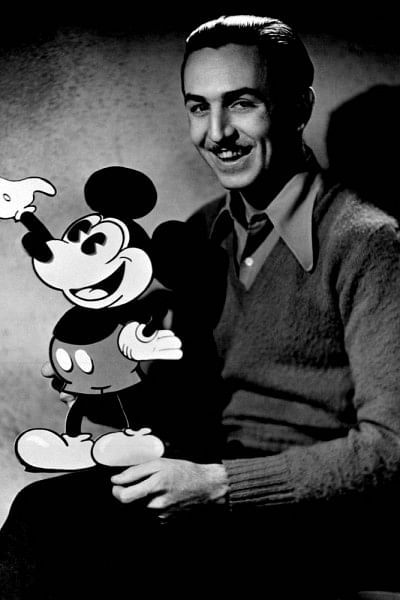
"He wanted his animation to be believable, he wanted it to transcend what we typically think of as animation," said Chris Pallant, professor of animation and screen studies at Canterbury Christ Church University in the United Kingdom.
Disney Studios opened in Hollywood in 1923 – geographically and conceptually distant from the animation powerhouses in New York. Disney envisioned a future in which animated features would garner the same respect as the live-action films being shot down the street.
He obsessed over quality and poured money into producing cartoons that would resonate with his audience. He wrote that observing the real world was key and animation must have, "a foundation of fact, in order that it may more richly possess sincerity."
The studio formalised 12 principles of animation which transformed static sketches into lively characters on a screen. Veteran animators taught the principles to each of the new artists who joined the studio to ensure consistency.
Walt Disney entered the animation scene as a young businessman, well-positioned to capitalise on existing techniques and embrace new tools. He and his studio harnessed sound, colour, and 3D camera technology with an organised and scalable approach, which could have been more cost-effective but produced high-quality animations.
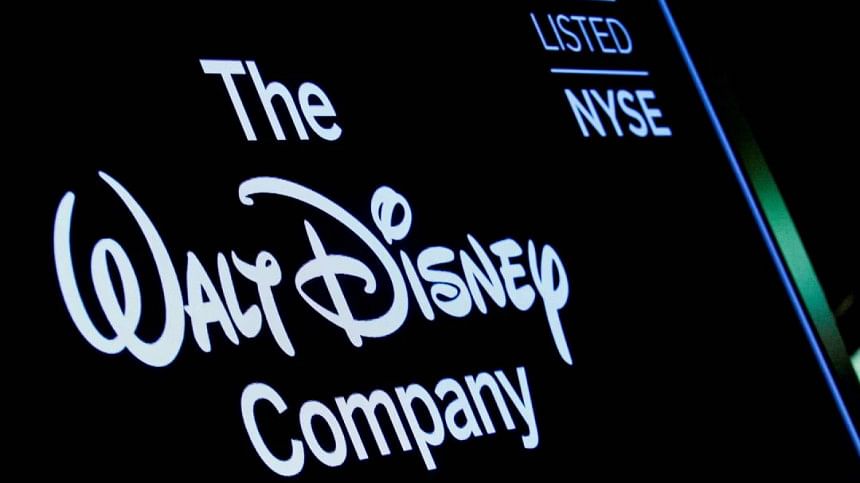
Seemingly each time Disney's projects were financially successful, he would use the money to double his aspirations for the next film. "In a way, Disney survives his own ambition," Pallant said.
Disney Studios managed to lead the Western animation industry for decades through its innovations and dedication to captivating stories. But its reign would not last as a new technology arrived and Disney was late to greet it.
By the turn of the century, Pixar's progress in computer-generated animations had eclipsed Disney's traditional hand-drawn style, namely with the first totally computer-generated animation "Toy Story". But Disney didn't need to innovate its way out of its problems this time. It could rely on a new tool: money. Merchandise, theme parks and cable TV had filled the company's pockets for decades. Disney bought Pixar in 2006 for $7.4 billion, and with it, Pixar's ability to enchant audiences with pixels.
As a hand-drawn studio, Disney's eventual recognition of computer animation is an important moment, said Pallant who is also the President of the Society for Animation Studies. "I think that echoes back to an earlier life. They were not afraid to move with the times. That shows you the willingness to reinvent themselves as a 75 or 80-year-old company," Pallant said.
Now at the 100-year mark, streaming poses yet another challenge. Disney's early gambles in new technology produced quality films that distinguished the studio from its competitors. Later, embracing computers preserved the studio as a major player in animation. Now, stockholders are closely watching what Disney will do as it moves into the next century.

 For all latest news, follow The Daily Star's Google News channel.
For all latest news, follow The Daily Star's Google News channel. 



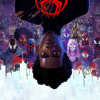




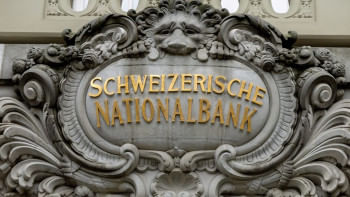
Comments